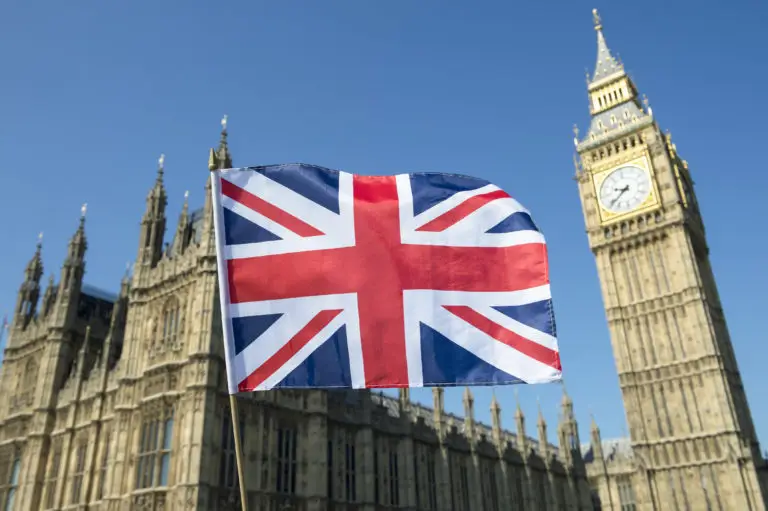Formally titled “Global Britain in a competitive age”, the Integrated Review has been billed as the largest review of the UK’s foreign, defence, security, and development policy since the end of the Cold War. It does not disappoint in this respect.
“Trade is at the heart of Global Britain”, according to the Review. This is no surprise, the renewed ability to strike free trade deals with other countries has long been hailed by the free-trade loving Prime Minister as one of the key benefits of Brexit. However, this statement is notable because it shows that trade policy is seen by the Government as being a cornerstone of British foreign policy. Through what is referred to as a “values-driven trade policy”, the UK intends to use trade to advance British interests and promote core values such as democracy, human rights, gender equality and free enterprise. The ultimate goal here, a key tenet of the vision for Global Britain, is to make the UK a “global champion of free and fair trade”. Considering the huge importance of trade to foreign policy, do not be surprised if the now Foreign, Commonwealth and Development Office subsumes the Department for International Trade in the near future.
Throughout the Review, it is made clear that British foreign policy is pivoting away from Europe and towards the Indo-Pacific. This is in recognition of the growing economic and geopolitical power of this region, as embodied by India and China in particular. It is notable that the Review is very careful not to label China as an enemy, whereas Russia is frequently spoken of in hostile terms and labelled as a “threat”. By 2030, the UK’s ambition is to be deeply engaged in the Indo-Pacific as the European partner with the “broadest, most integrated presence in support of mutually beneficial trade, shared security, and values”. As a first step, the UK recently dispatched the aircraft carrier the HMS Queen Elizabeth as part of an allied task force to deepen diplomatic relations in the Indo-Pacific and display the UK’s military power. The Review makes clear that this pivot will be achieved through a diplomacy led approach, that respects existing power dynamics. Trade is also naturally an important part of the pivot and the UK intends to increase its influence in the region by becoming further involved in trade in the Indo-Pacific. This can be seen in the UK’s recent application to join the CPTPP, a free trade agreement between 11 Pacific Rim nations including Australia, Japan, and Singapore. The UK would be the only non-Pacific member if their accession is successful.
A notable phrase contained in the Review is that the UK will be a “soft power superpower”. This can be seen in the first instance through the fact that the number of Armed Forces personnel will controversially be cut down to 72,500, which represents the smallest army the UK has had in over 200 years. However, this will be balanced out by a focus on military technology such as drones, cyberwarfare, and investments in space infrastructure. Indeed, the UK intends to establish a new Space Command by 2021 which will advance British interests in space and launch new satellites. In addition to this, and somewhat contradictory to the idea of being a soft power superpower, the UK will increase its nuclear weapons stockpile. Regardless, the UK’s soft power will be bolstered through investments in science and technology, with the aim of making the UK a “Science and Technology Superpower”. Science and technology will be the foundation of the UK’s future economy, security, and foreign policy. There will also be investment in culture, business, and the arts to ensure the UK’s soft power in these areas remains strong. In addition, reflecting current tensions, the Prime Minister was at pains to highlight in his foreword to the Review that the Union between England, Scotland, Wales, and Northern Ireland is the UK’s greatest source of strength.
Finally, the Review reiterates one of the Prime Minister’s personal priorities and a key part of the vision for Global Britain, namely that tackling climate change is the UK’s number one international priority. It is through this that the UK intends to establish itself as “a force for good in the world”. The Review makes clear that the UK is committed to multilateralism, believing that climate change can only be addressed by working with others. It is here that the Prime Minister spies his best chance to establish warmer relations with US President Joe Biden, who also sees tackling climate change as a top priority. With COP26 fast approaching, the UK has the opportunity to display leadership on the world stage in this respect.
The Integrated Review provides a fascinating blueprint for the future of British foreign, defence, security, development, and trade policy. Global Britain can be difficult to define in real terms, but the Review makes clear that a strong trade policy, a pivot towards the Indo-Pacific, a modernised military, a focus on soft power, and action on climate change is at its heart.




